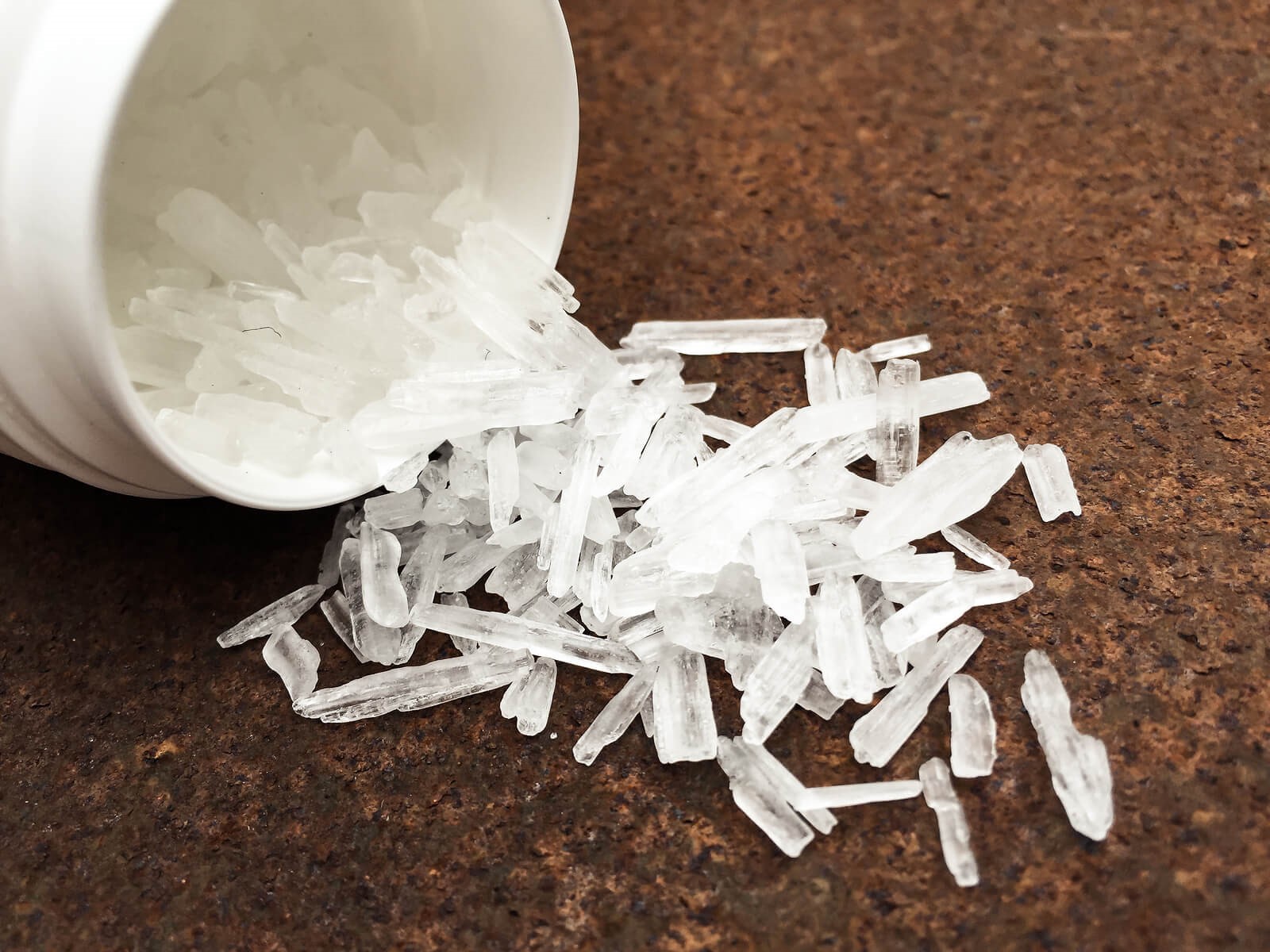Understand what is Amphetamine Use Disorder
Amphetamines are drugs used to treat ADHD and narcolepsy. Sometimes, doctors use them for other mental health issues. If you use them for fun or without a prescription, you might have a Stimulant Use or Dependence Disorder. If you’re dependent, you need the drug to function normally every day. If you stop suddenly, you’ll have withdrawal symptoms.
Overview of Amphetamine Use Disorder
Treating Stimulant Use Disorder can be tough. You might start using amphetamines again even after treatment. Joining a 12-step program and getting counseling can help you avoid relapse and improve your recovery.
Dextroamphetamine and methamphetamine are the two most common types of amphetamines. These are at times sold unlawfully. Both prescribed and street amphetamines can be used for abuse and cause amphetamine use disorder. Methamphetamine however is the most commonly misused amphetamine.

What are the symptoms:
If you are amphetamine dependent, you might:
- miss school or work
- not perform the assigned tasks as well
- not eat properly and lose a lot of weight
- have severe dental issues
- find it difficult to stop the consumption of amphetamines
- go through withdrawal symptoms if you do not use amphetamines
- have episodes of ferocity and mood disorders
- have insomnia, anxiety, or paranoia
- feel mixed up
- have auditory or visual hallucinations
- have misbeliefs, such as having a sensation that something is crawling under your skin
Causes of amphetamine use disorder:
Using amphetamines for a long time can make you dependent. Some people get dependent faster. You might get dependent if you use these drugs without a prescription and without a doctor’s supervision. You can also get dependent if you take more than the doctor says. You can also get an amphetamine use disorder even if you take them as your doctor says.
Prevention of Amphetamine use disorder:
Drug awareness programs might minimize the probabilities for amphetamine use or a setback, however, the results of the study are mixed. Psychological counseling for emotional support and family support can also be of benefit. On the other hand, none of these steps are proven to prevent amphetamine use disorder in everyone.
What are Complications:
Consistent amphetamine use and/or dependence can lead to:
- Death
- Brain damage, involving symptoms that look a lot like Alzheimer’s disease, stroke, or epilepsy
- Overdose
Diagnosis of Stimulant Use Disorder:
To diagnose the addiction or dependence on stimulants, the doctor may:
- Ask you about how much and for how long have you been consuming amphetamines
- Suggest blood tests to identify amphetamines in your blood
- Perform a physical exam and tests to identify health problems occurring due to the use of amphetamine
You might have amphetamine use disorder if you have experienced three or more of the following symptoms within the same period of 12 months:
- Drug tolerance
- Your mental health has been compromised
You have built up a tolerance for the drug if you need larger and larger doses of amphetamines to achieve the same effect that lower doses of the drug used to create for you.
Withdrawal can be characterized by:
- Anxiety
- Fatigue
- Depression
- Paranoia
- Violence
- Strong cravings
You might require the use of a related drug to stop or to avoid the symptoms of amphetamine withdrawal.
You might be unproductive at decreasing or stopping your consumption of amphetamines. You may keep on craving the stimulant regardless of the fact that you know these are causing continuous or recurring psychological or physical issues.
- Changes in lifestyle
You avoid going out to most of the social, recreational, or work-related activities due to your abuse or dependence on stimulants.
Who’s at risk of developing amphetamine use disorder?
You may be at a greater risk of having amphetamine use disorder if you:
- You can easily get them.
- struggle with anxiety, bipolar disorder, depression, or schizophrenia
- Have a stressful lifestyle

Treatment of Stimulant Use Disorder:
Treatments for amphetamine abuse or dependence may involve:
Hospitalization
If you experience very severe cravings for drugs, it might be easier for you to go through the amphetamine withdrawal symptoms in a hospital setting under the supervision of medical specialists. It might also assist if you have negative mood changes, including violent behavior and suicidal tendency.
Psychological treatment
Individual counseling, group therapy, and family therapy can help you to:
- Recognize the feelings related to amphetamine use
- Learn multiple coping methods
- Restore the relationships with your family and loved ones
- Develop plans to avoid amphetamine use in future
- Finding out activities you enjoy rather than consuming amphetamine
- Get support from people like you i.e. those having amphetamine use disorder as they can understand what you are going through, at times in a 12-step treatment program
Medication
The health care professional might suggest medication to lessen the intensity of severe symptoms of withdrawal. Some doctors might prescribe naltrexone to help with your cravings for amphetamine. Your doctor may also suggest other medications to help get rid of the symptoms of depression, aggression, and anxiety i.e. anti-depressants and anti-anxiety medications as well.
